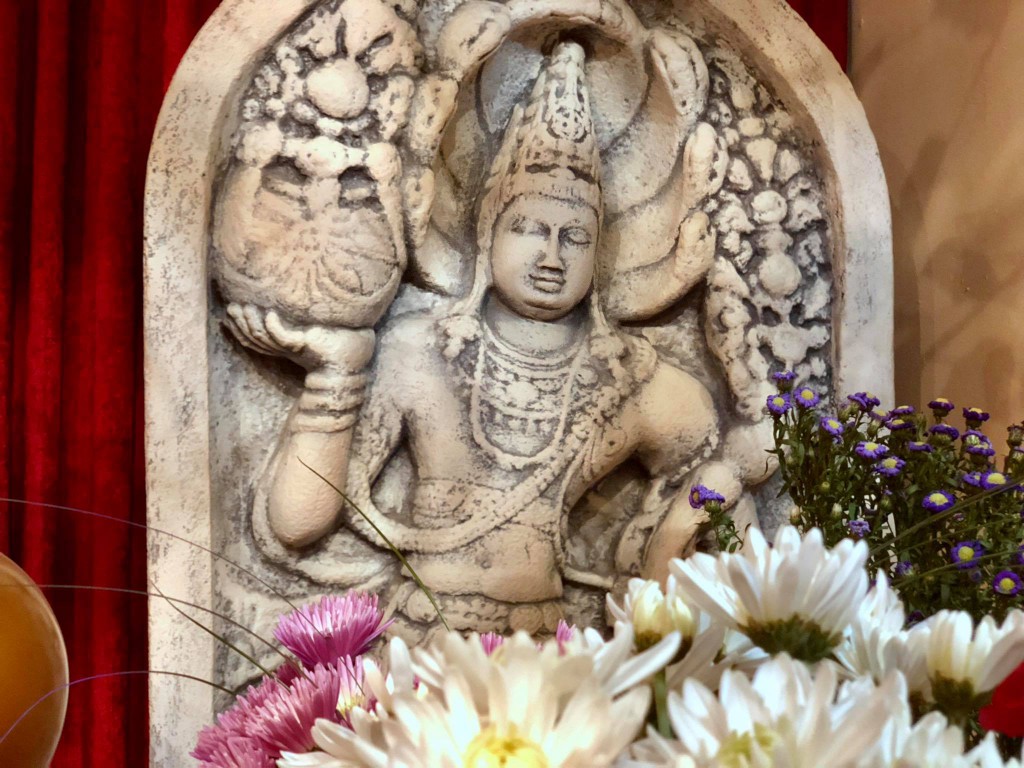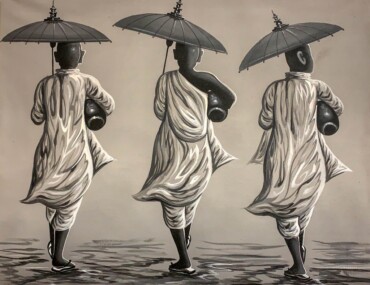“Nibbanam Paramam Sukham” is a famous quote of the Buddha on happiness. He said, experiencing the state of enlightenment is the greatest happiness, the ultimate goal of Buddhist practice. It is the happiness of complete letting go. One may find this is vague ambition for a lay person. Therefore, Buddha taught four types of worldly happiness as follows:
Anana Sukha: It is the happiness of not being debt to anyone. Everyone has experience of being debt to education, owning a house and once it is all paid, one feels happy.
Atthi Sukha: One gain a happiness through possessing wealth, property and family. Success in business helps to accumulate material wealth which leads to joy of owning.
Bhoga Sukha: After owning wealth, one enjoys the use of it. Being able to buy what one desires with one’s wealth is another happiness. On the other hand, a stingy person, no matter how much one owns the wealth, has no joy of using the wealth because of one’s miserly nature.
Anavajja Sukha: Happiness gain through living a life of blameless. Without committing unwholesome actions through modes of speech, actions and thoughts leads to such joy.
Looking at these worldly happiness, we know, with our own experience, that they all are fluctuating. Therefore, Buddha wanted us to end the Dukkha, which is the state of peace and emancipation.




